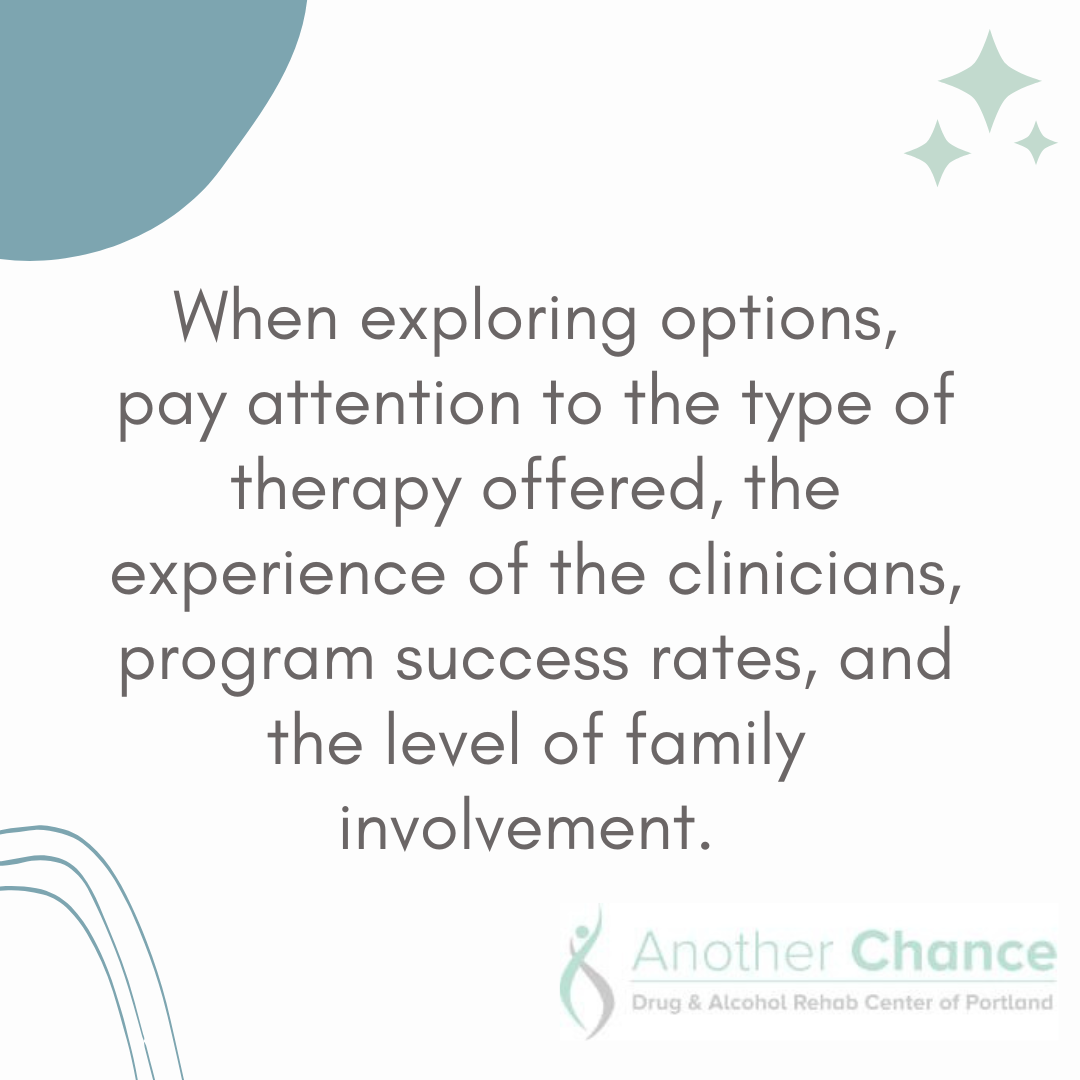November 7, 2025
Discover how addiction treatment Portland Oregon integrates family therapy to strengthen recovery. Learn how families heal together for lasting change.
Addiction doesn’t just change your life. It also ripples through the people closest to you. Therefore, recovery means mending more than the addiction itself. It’s also about helping the whole family find balance again. And this is where family therapy — as offered by many providers specializing in addiction treatment Portland Oregon — comes in.
This therapy gives everyone a chance to talk honestly, understand each other’s pain, and learn how to move forward together. When combined with other professional programs, family therapy becomes a transformative tool for long-term healing for everyone involved.
In this blog, you’ll explore how family therapy supports lasting recovery, the benefits it offers, and how it fits into modern treatment programs that help families rebuild and grow stronger.

When you or someone you love is seeking addiction treatment, it’s easy to focus on detox, counseling, and relapse prevention. But, as stated, addiction doesn’t just affect one person. It changes how families communicate, trust, and cope.
That’s why family therapy plays such an important role in lasting recovery.
In family therapy, you and your loved ones work together to understand how addiction has shaped your relationships and daily life. Guided by a trained therapist, you’ll learn how to communicate openly, rebuild trust, and break unhealthy patterns like codependency.
The impact can be profound: almost 90% of people report feeling emotionally healthier after family therapy.
When you or your loved one begins addiction treatment Portland Oregon, recovery becomes stronger when the family is involved. Family therapy goes beyond talking about problems. Each session helps you and your loved ones grow together, creating a healthier foundation for lasting sobriety.
Here’s how it can benefit you and your loved ones.
Family therapy helps everyone express their feelings and concerns openly without judgment. You’ll learn to listen better, set boundaries, and resolve conflicts before they grow into setbacks.
When your family works as a team, recovery feels less isolating. A strong support network encourages consistency, compassion, and shared motivation to stay on track.
Family involvement is proven to reduce relapse rates, especially when combined with gratitude practices and reflection on things to be grateful for in recovery. These small, consistent moments of appreciation can help you and your loved ones focus on progress rather than setbacks.
Addiction impacts everyone differently. Therapy gives both you and your family members the space to process emotions, rebuild trust, and release resentment. And these are all key to emotional healing.
You’ll also learn practical tools for managing stress, setting boundaries, and handling triggers together. These skills help your family stay strong through challenges and support lasting recovery.

Family therapy is often built into structured treatment options like a partial hospitalization program Portland OR, and high-intensity outpatient (HIOP) programs. These programs recognize that through family therapy, you and your loved ones can learn to navigate conflict, rebuild communication, and create a stable environment that supports long-term healing.
During these programs, licensed therapists lead structured sessions that guide families through discussions, coping strategies, and relapse prevention techniques. Each session focuses on helping everyone understand their role in the recovery process and how to maintain healthy boundaries while offering support.
Depending on the program design, family therapy can take different forms:
Choosing the right family therapy program sets the foundation for meaningful recovery. Not every approach fits every family, so taking the time to find the right match can make treatment more effective and sustainable.
Primarily, keep in mind that programs for addiction treatment Portland Oregon offer different levels of care designed to meet families where they are in the recovery process.
When exploring options, pay attention to the type of therapy offered, the experience of the clinicians, program success rates, and the level of family involvement. Some families find flexibility in HIOP (High-Intensity Outpatient Programs), which provide consistent sessions while allowing normal routines to continue. Others may need a more structured setting, such as residential or partial hospitalization programs that deliver deeper clinical care and supervision.
Additionally, look for programs that treat recovery as a shared process, not an individual one. Many addiction treatment programs in the state integrate family therapy into their plans, ensuring you and your loved ones learn to communicate, rebuild trust, and create a stable path forward together.

Once treatment begins, the focus shifts to maintaining that progress beyond the therapy room. Recovery continues every day — in conversations, routines, and choices made at home. The way you and your family handle these moments can either reinforce healing or add unnecessary stress. Here’s how to keep that balance steady
Here are a few ways to keep that balance at home.
Create space for honest conversations without judgment. Regular check-ins help your loved ones talk about challenges before they become setbacks, and they remind everyone that recovery is a shared effort and not a silent struggle.
Join therapy sessions or family-focused activities whenever possible. Being part of the process helps you understand what your loved ones are working through and shows that recovery isn’t something they have to manage alone.
Support doesn’t mean sacrificing your own well-being. Set clear boundaries, take time to rest, and lean on your own support system when you need it. The healthier you are, the more stability you bring to the recovery environment.

To sum it all up, family therapy supports and strengthens recovery. By improving communication, rebuilding trust, and addressing emotional health, families become active partners in healing rather than bystanders. These connections help reduce relapse risk and promote long-term stability for everyone involved.
If your family is ready to take the next step, explore programs that include integrated family therapy as part of their treatment plan. Another Chance offers comprehensive addiction treatment Portland Oregon, designed to help individuals and families recover together. Contact our team now!

Reviewer
Henna is a content strategist with over 5 years of experience in behavioral health marketing. She specializes in creating informed, compassionate content for addiction treatment centers, using her deep understanding of the industry to educate, engage, and support individuals seeking recovery.